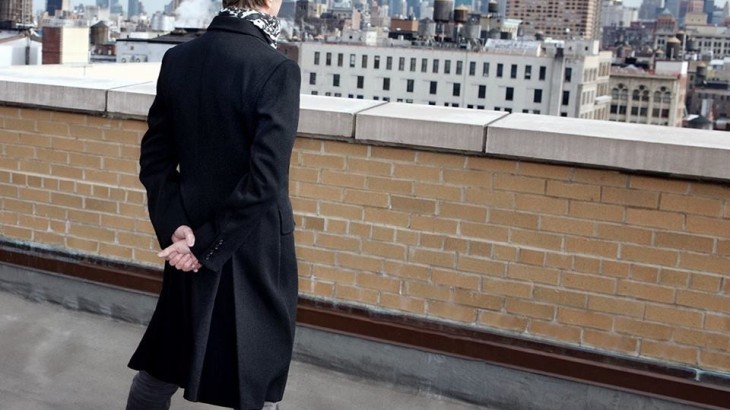There’s no getting around it: David Bowie was a force of nature. One that, to so many in so many different ways, allowed a kind of cathartic quasi-representation for anyone who had ever felt like an outsider. A weirdo. Slightly (or extremely) out of step with the rest of the world, in whatever way. Someone like me. I have ASD (Autism Spectrum Disorder) – or, as I prefer to say, I’m autistic. I have a cat. I am autistic – it is an essential part of who I am. It’s the way my brain is wired. My ASD, which is relatively mild compared to what you may expect, has shaped and informed everything in my life, and it’s not going anywhere, and that’s the way I like it. But it wasn’t always this way.
Like many others who aren’t diagnosed till adulthood, I grew up with a pervading sense that something was very wrong. I felt like something was missing – that everyone else just seemed to understand something that I could never quite grasp. I felt immense pressure to fit in – “why can’t you just (x/y/z) like everyone else??” So I clung to every “script” I had available – I tried to mirror my peers, but finding them inscrutable on anything but a surface level, I turned to movies, television and music to tell me how I should behave, look, think. And eventually, I started to get really good at this mimicry – so good that I barely warranted a weird look from the people who’d outwardly ostracised me anymore. Without going into things too deeply, ASD is notoriously especially hard to detect in women for this reason, among others.
Then, when I was thirteen, something incredible happened. I discovered David Bowie.
Suddenly I felt like a light had been cast over everything. I still didn’t know why I felt so relentlessly out of step, and why just “being *normal*” was so hard and SO exhausting, but I didn’t feel alone anymore. As far as we know, David Bowie wasn’t autistic, and that’s certainly not what I’m implying. I didn’t think that he was necessarily “weird” the way I was, but seeing someone so inexorably comfortable with their strangeness – making it the lynchpin of an entire, nigh-universally respected career – was such an unspeakable relief that I could’ve cried. (I did, many times.)
While I’d never pretend that other artists hadn’t already been dressing in outlandish costumes, playing with character work in music, and metamorphosing by the time he arrived on the scene, David Bowie helped shape a world where otherness wasn’t just okay, or even just cool. To myself and to so many others, he made it desirable. Lighting a pathway ahead that seemed to say, “hey, you’re not like everyone else – did you know that could be your greatest strength? Did you know people can love you for your strangeness, not just in spite of it?”
I finally felt connected to something. Bits and pieces of the universe Bowie built felt like home to me: a lyric from Five Years, a soundscape from Low, a sense of outward brashness I’d been criticised for so heavily in my own life, a feeling of wonderment and fantasy. A zany, madcap world to escape to when the real one didn’t make sense. A comforting, soothing audio-therapy. A touchstone to come back to in my darker, uglier moments. It became my “thing”. It will always be my thing. Most people who know me this about me, but not all of them know I’m autistic. Even for those who do, the level of importance this person has had in my life is lost on many. And that’s okay – but I’m not alone in this.
Bowie’s work is endlessly important – musically, culturally, and for so many, personally. I know I’m far from the only one who began a journey to personal validation on the wings of his life. There are many, just like me, who can say without hyperbole that they may have a very different life than the one they do now without this influence. There are so many ways he’s touched lives; whether through breaking down gender norms with his fluid self-presentation, addressing social issues in his art, or just by preaching the sheer (criminally underestimated) value of being different. A cursory Google search of the terms “David Bowie” and “autism” will reveal to you that there are countless others who learnt this lesson the same way I did.
Just as his death will go down in history as a “where were you” moment (I was hunched over my desk at work in disbelief), the day – Jan 11 here, Jan 10 in the US – will always be a significant date for Bowie fans. For my part, I’ll spend it listening to his records, swapping anecdotes and facts, rewatching the very excellent The Last Five Years doco on BBC (there are ways, Aussies – not that we condone dodgy online activity), and before I go to sleep tonight, I’ll listen to Killing A Little Time, the only song on his “new” EP No Plan I haven’t heard yet. I’ve been saving it.
Read more: Rest in Peace, Starman: David Bowie, One Year On
Image: David Bowie Facebook/Jimmy King

